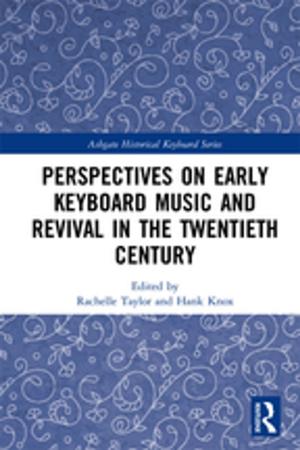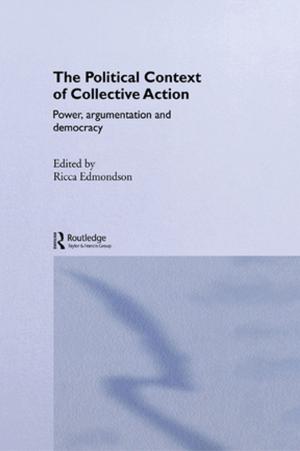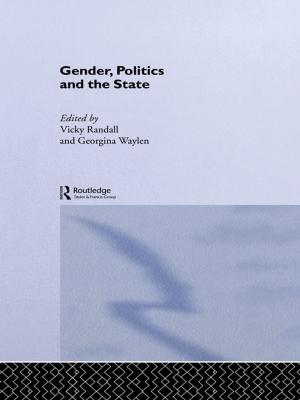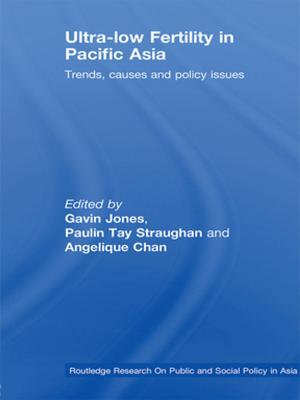Language Contact and the Future of English
Nonfiction, Reference & Language, Language Arts, Linguistics| Author: | Ian Mackenzie | ISBN: | 9781351366588 |
| Publisher: | Taylor and Francis | Publication: | December 15, 2017 |
| Imprint: | Routledge | Language: | English |
| Author: | Ian Mackenzie |
| ISBN: | 9781351366588 |
| Publisher: | Taylor and Francis |
| Publication: | December 15, 2017 |
| Imprint: | Routledge |
| Language: | English |
This book reflects on the future of the English language as used by native speakers, speakers of nativized New Englishes, and users of English as a lingua franca (ELF). The volume begins by outlining the current position of English in the world and accounts for the differences among native and nativized varieties and ELF usages. It offers a historical perspective on the impact of language contact on English and discusses whether the lexicogrammatical features of New Englishes and ELF are shaped by imperfect learning or deliberate language change. The book also considers the consequences of writing in a second language and questions the extent to which non-native English-speaking academics and researchers should be required to conform to ‘Anglo’ patterns of text organization and ‘English Academic Discourse.’ The book then examines the converse effect of English on other languages through bilingualism and translation. This volume is essential reading for students and scholars in English language, sociolinguistics, language acquisition, and language policy.
This book reflects on the future of the English language as used by native speakers, speakers of nativized New Englishes, and users of English as a lingua franca (ELF). The volume begins by outlining the current position of English in the world and accounts for the differences among native and nativized varieties and ELF usages. It offers a historical perspective on the impact of language contact on English and discusses whether the lexicogrammatical features of New Englishes and ELF are shaped by imperfect learning or deliberate language change. The book also considers the consequences of writing in a second language and questions the extent to which non-native English-speaking academics and researchers should be required to conform to ‘Anglo’ patterns of text organization and ‘English Academic Discourse.’ The book then examines the converse effect of English on other languages through bilingualism and translation. This volume is essential reading for students and scholars in English language, sociolinguistics, language acquisition, and language policy.















